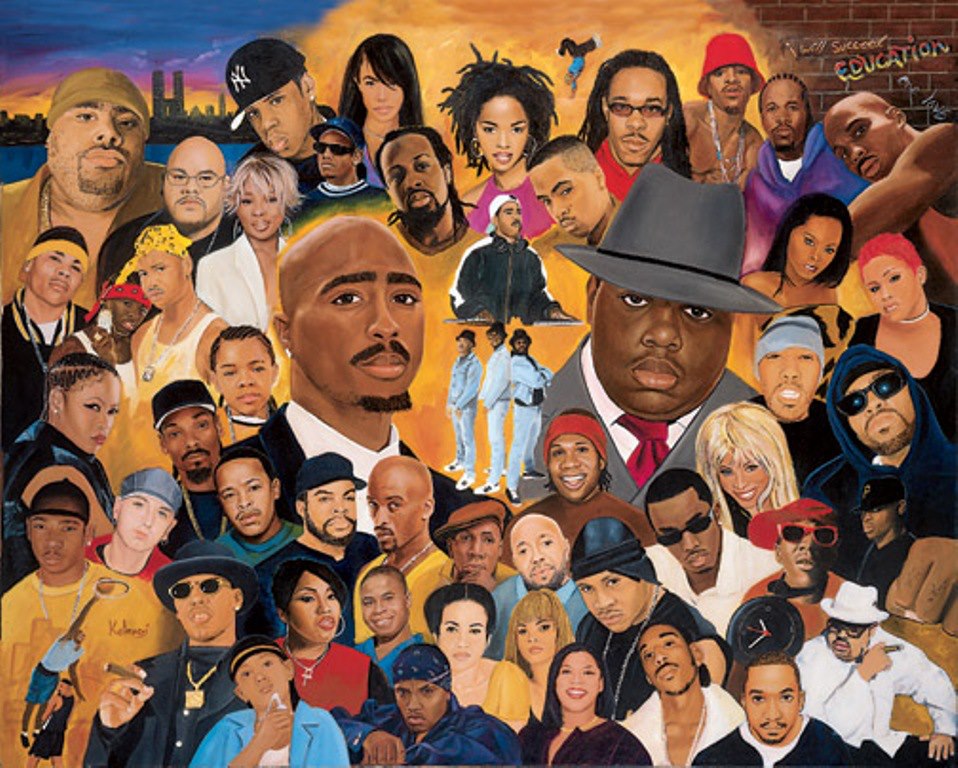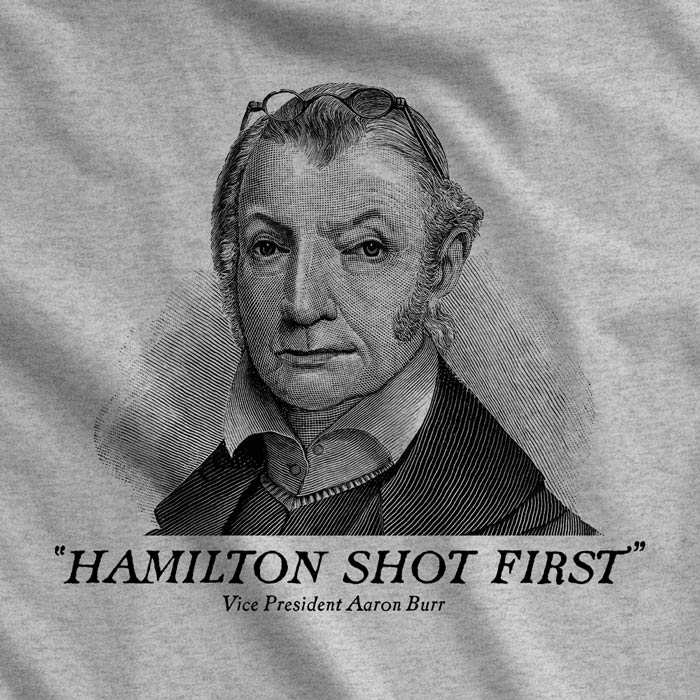By: Avery Showell
After articulating the feedback I have received there have been many changes to my draft. Just like Art, everything does not always look how you want it or how you want other people to perceive it the first time that you make up a piece. That is why you have drafts and people to look at those drafts and give opinions. These opinions end up making drastic changes, small changes, or no changes at all. But the purpose of them are for them to spark thought, and new ideas. Ideas that can bring masterpieces and steer you to reflect on the process you took and how you can use new techniques and viewpoints in the future.
It allows your peers in the class examining your work and raising questions about aspects of the work that you may need greater clarification in. They may also offer an unbiased view, highlighting when certain things catch an audience or make sense, given the particular situation and or class.
At first, my view on my remix was simple and dry. What it was missing was an audience catcher or something someone would actually wanted to keep clicking through. The choice to turn my 10 Dual commandments into a slideshow and or power point came from wanting to impress myself with my work and see how I could work on visual and electronic communication. I now feel like my finished project will be outgoing to those interested. After the changes I have made, I now feel more confident in making slides and power points on different topics for different subjects. The process of learning from the different parts of submission on this remix and adaptation project influenced me to find new ways to get things done. Especially seeking the new avenue of plays and on stage performances.








 Hi everyone! My name is Avery Showell, an business adminsistration major. If i stay on the expected graduation course I am on now I will graduate in 2021. I am currently enrolled in the in-person section of the English 1101 summer course.
Hi everyone! My name is Avery Showell, an business adminsistration major. If i stay on the expected graduation course I am on now I will graduate in 2021. I am currently enrolled in the in-person section of the English 1101 summer course.